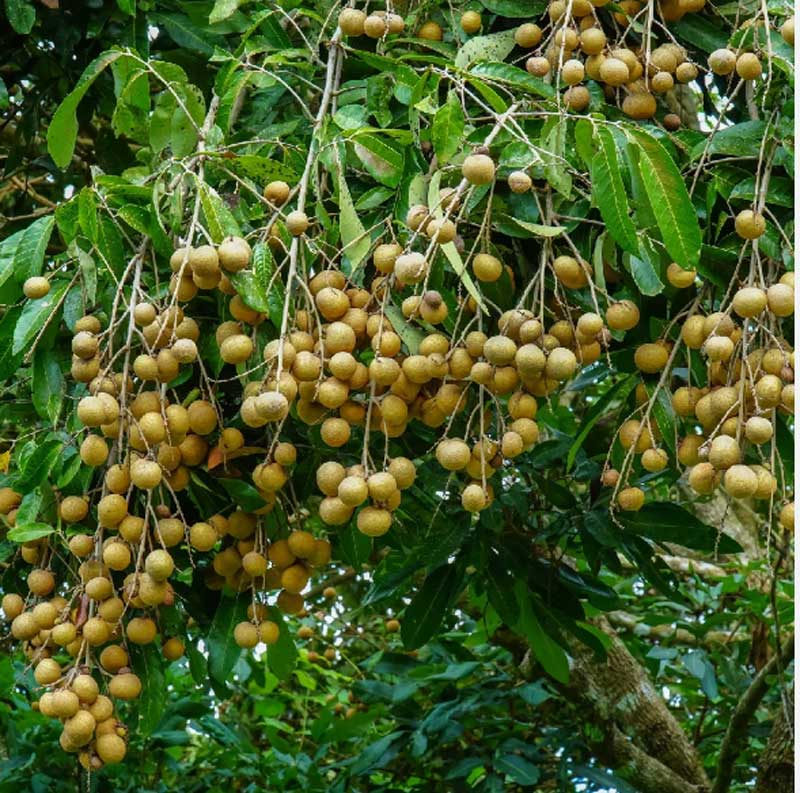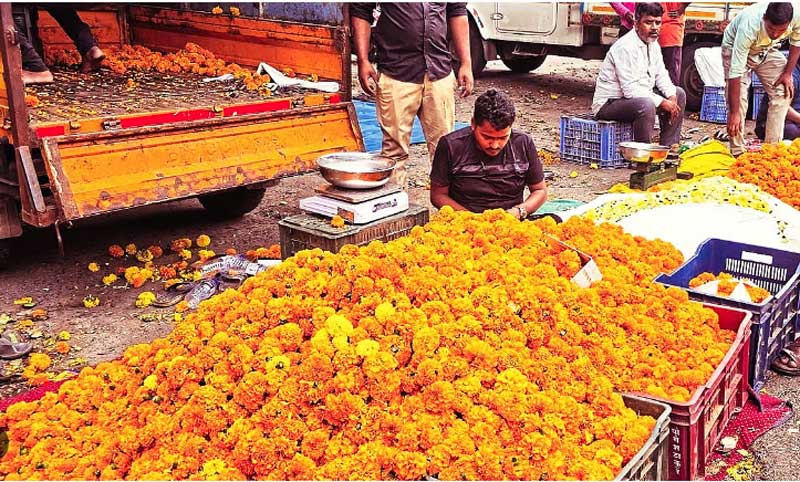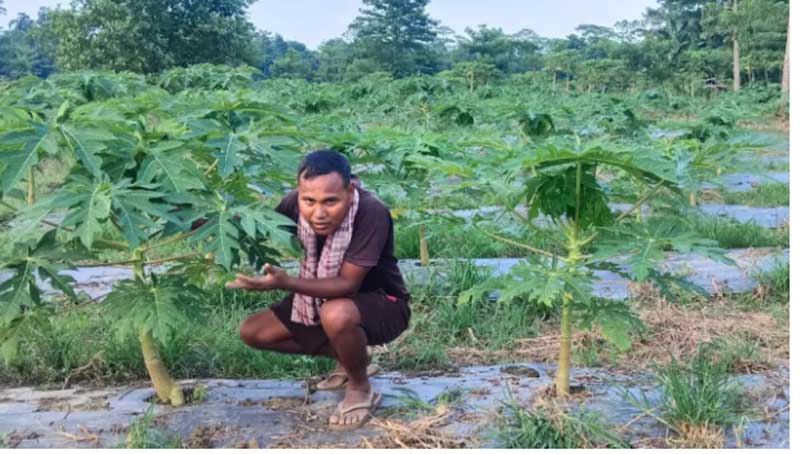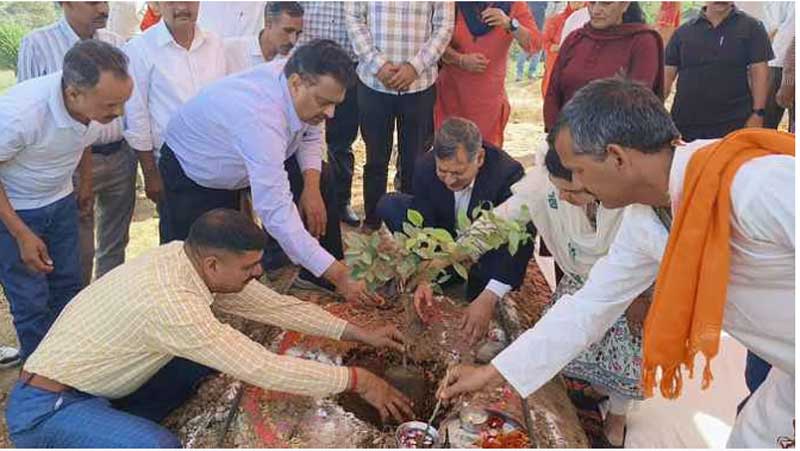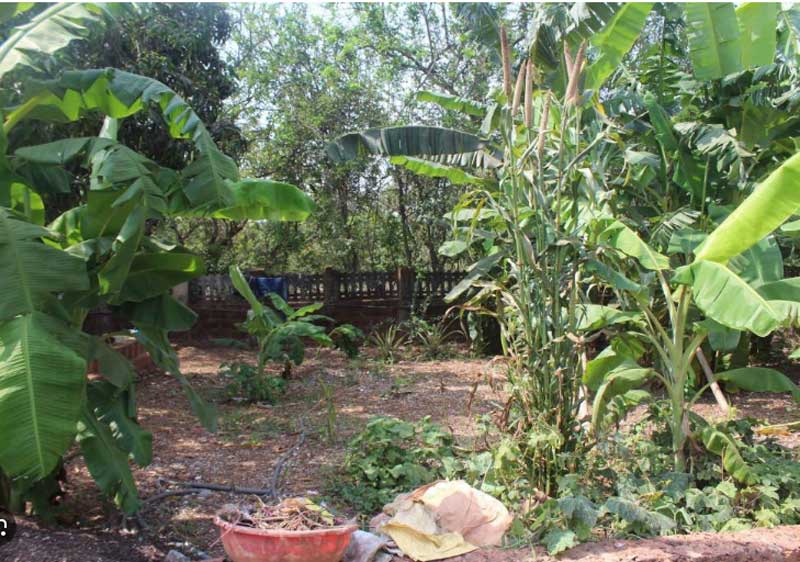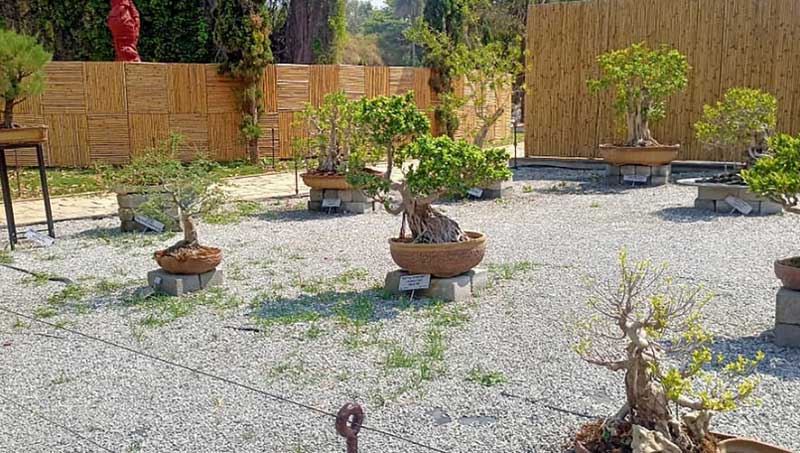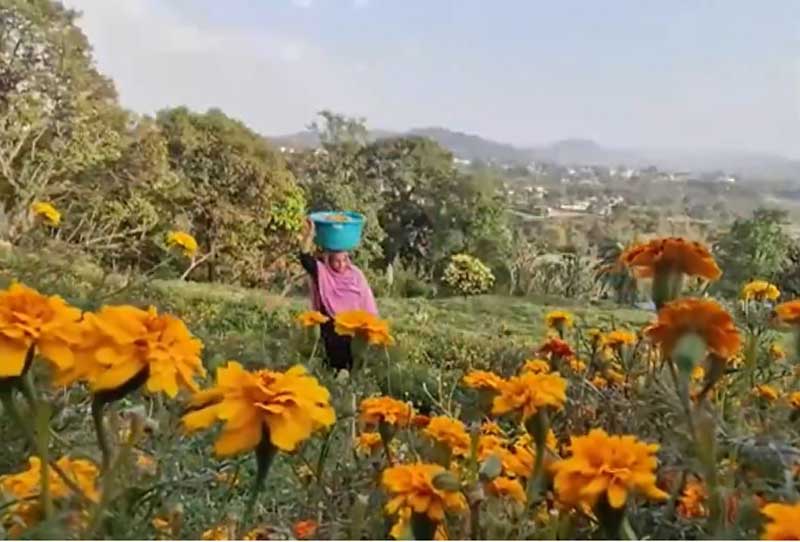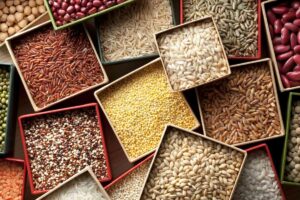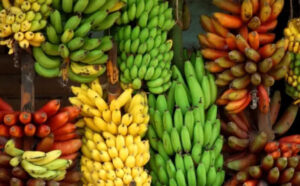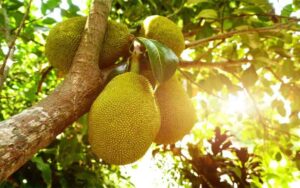Growing Opportunities in Horticulture
India is the second-largest fruit and vegetable producing country in the world. It produces about 12 per cent of the world’s fruits and vegetables. It is in the first place in the production of banana, mango, lemon, papaya etc. It has improved the economic condition of the farmers as it gives them alternative means of income. The good thing is that apart from the farmers these days youth are also showing keen interest in agriculture and horticulture. They are earning well in the fields like mushroom production, floriculture, vegetable & seed production etc.
In horticulture the water consumption and crop loss is less, not much land is also required, many plants can be planted simultaneously and good profits can be earned.
Educational Qualification: Students doing 12th in Science stream (PCM, PCB & Agriculture) can do B.Sc B.Tech, M.Tech and PhD in Horticulture. In most institutions, admission is done on the basis of entrance examinations. Apart from graduation, many educational institutions also offer certificate and diploma courses. Courses can also be done online, some institutes also offer post-graduate diplomas in Horticulture and Landscape Gardening in addition to MSc.
Possibilities: The share of horticulture in the agriculture sector is about 24.5 per cent, so if we talk about the possibilities here, there are many options for working in the government sector other than the private sector. Through this, the District Horticulture Officer is appointed as District Agriculture Officer. There are appointments for the post of Technical Officer in Agricultural Universities, DRDO, IARI, and CSIR. While in the private sector, people can join as a designer or contractors in landscaping projects. They can work with companies related to seed and fertilizer.
There is an option to work in various forms. The possibilities for students in horticulture are increasing day by day. They can work as floriculturists, pomologists, Landscape designers, and agricultural engineers, can work to manage waste & pests and can contribute to crop production.

